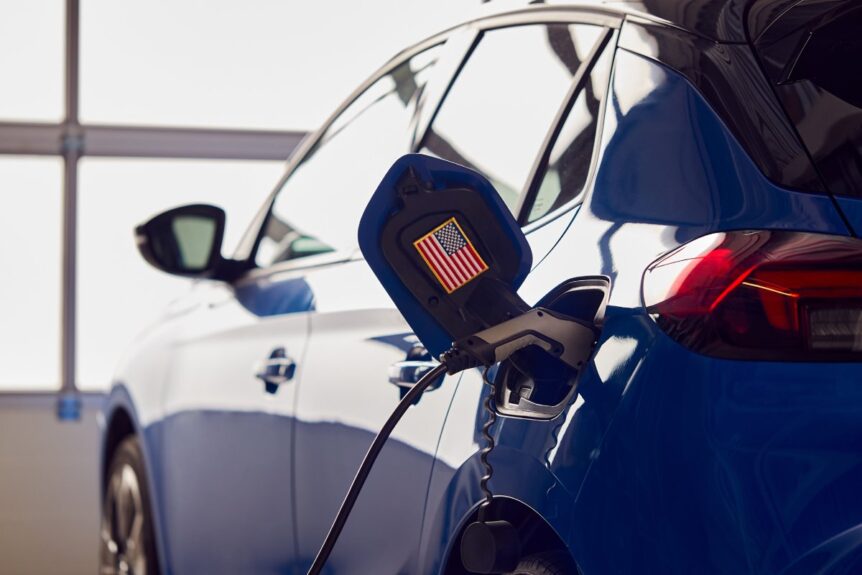Although electric vehicles are greener than gas cars, other hurdles must be overcome if the US wants to beat global warming.
Seeking a Greener World
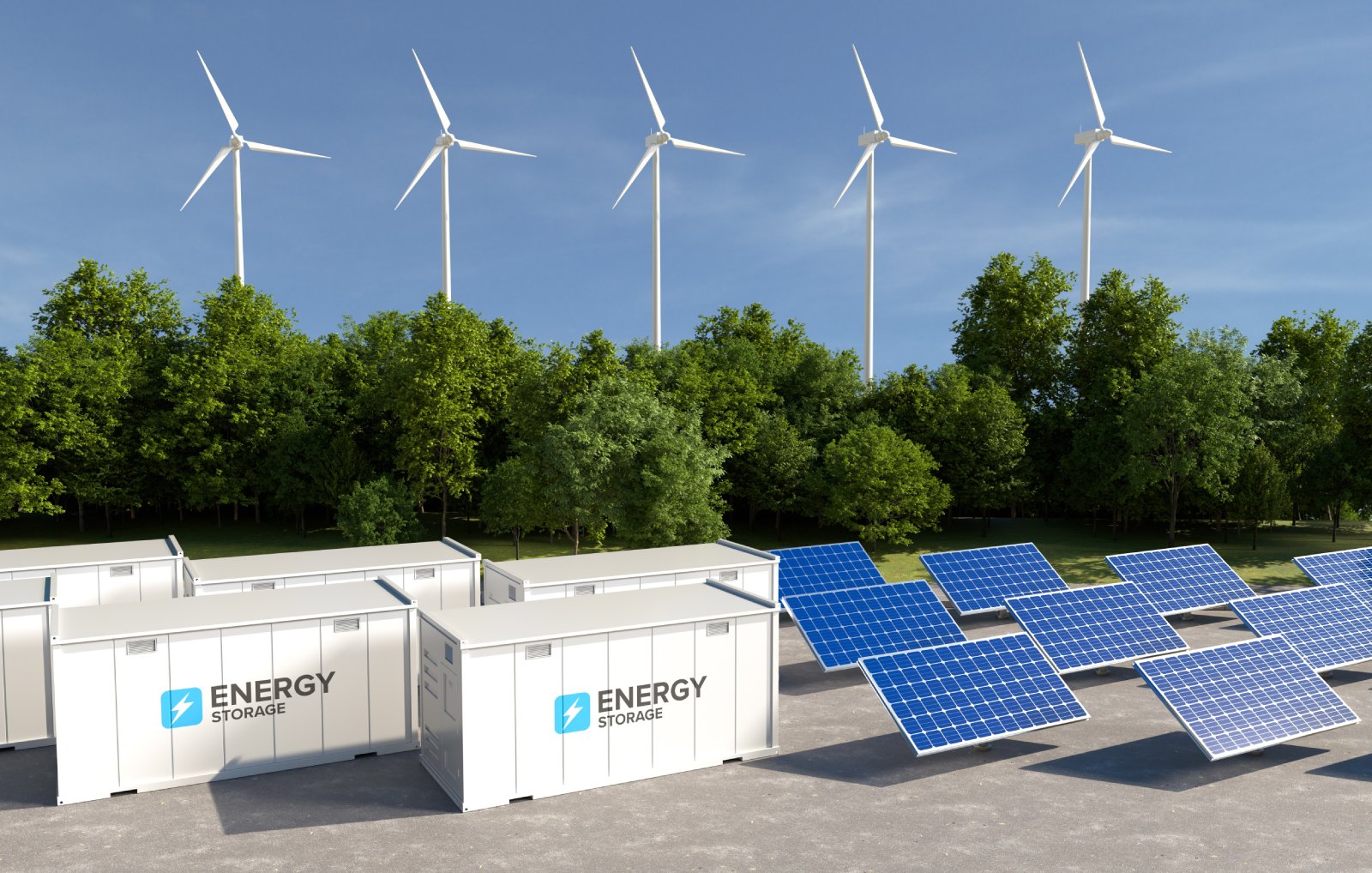
Image Credit: Shutterstock / Es sarawuth
Whether it’s switching to solar panels or buying electric vehicles (EVs), many Americans (including companies) try to do their part to minimize their carbon footprint and fight climate change.
But Cars Aren’t Helping

Image Credit: Shutterstock / Bilanol
And those changes do bring results: According to the US Energy Information Administration, the industrial- and commercial sectors combined were guilty of 25% of the country’s entire carbon dioxide emissions last year.
The biggest part, 38%, was because of transportation.
Worsening Global Warming

Image Credit: Shutterstock / TR STOK
The fact remains: the king culprit guilty of worsening climate change in the US is the carbon pollution emitted from burning gas and diesel in vehicles.
EVs Not Perfect
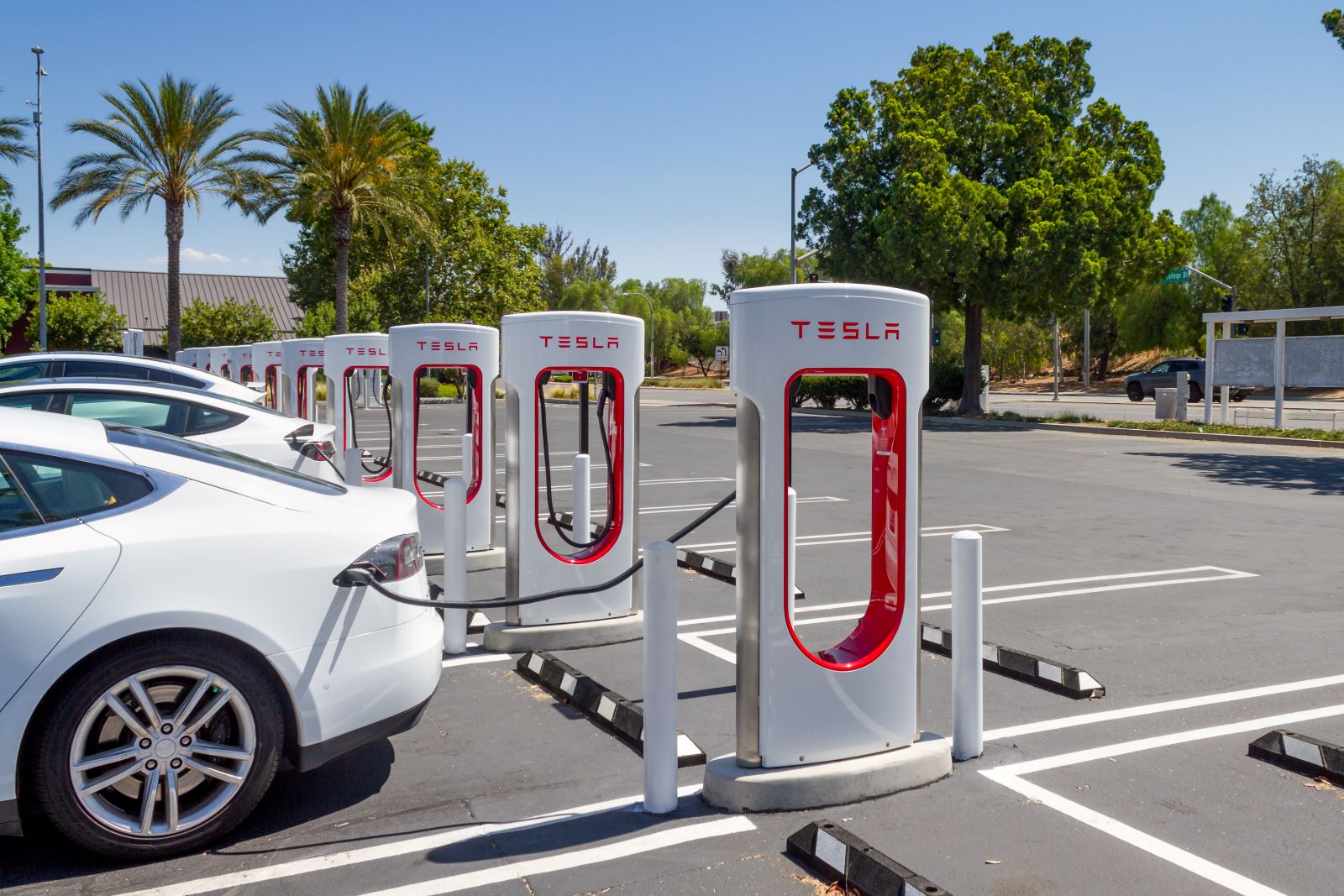
Image Credit: Shutterstock / Felipe Sanchez
Talking about vehicles, let’s switch focus to EVs. We all know they are also called “zero-emission vehicles”. But the batteries placed in them? No so zero-emission as one might think.
A Mining Issue
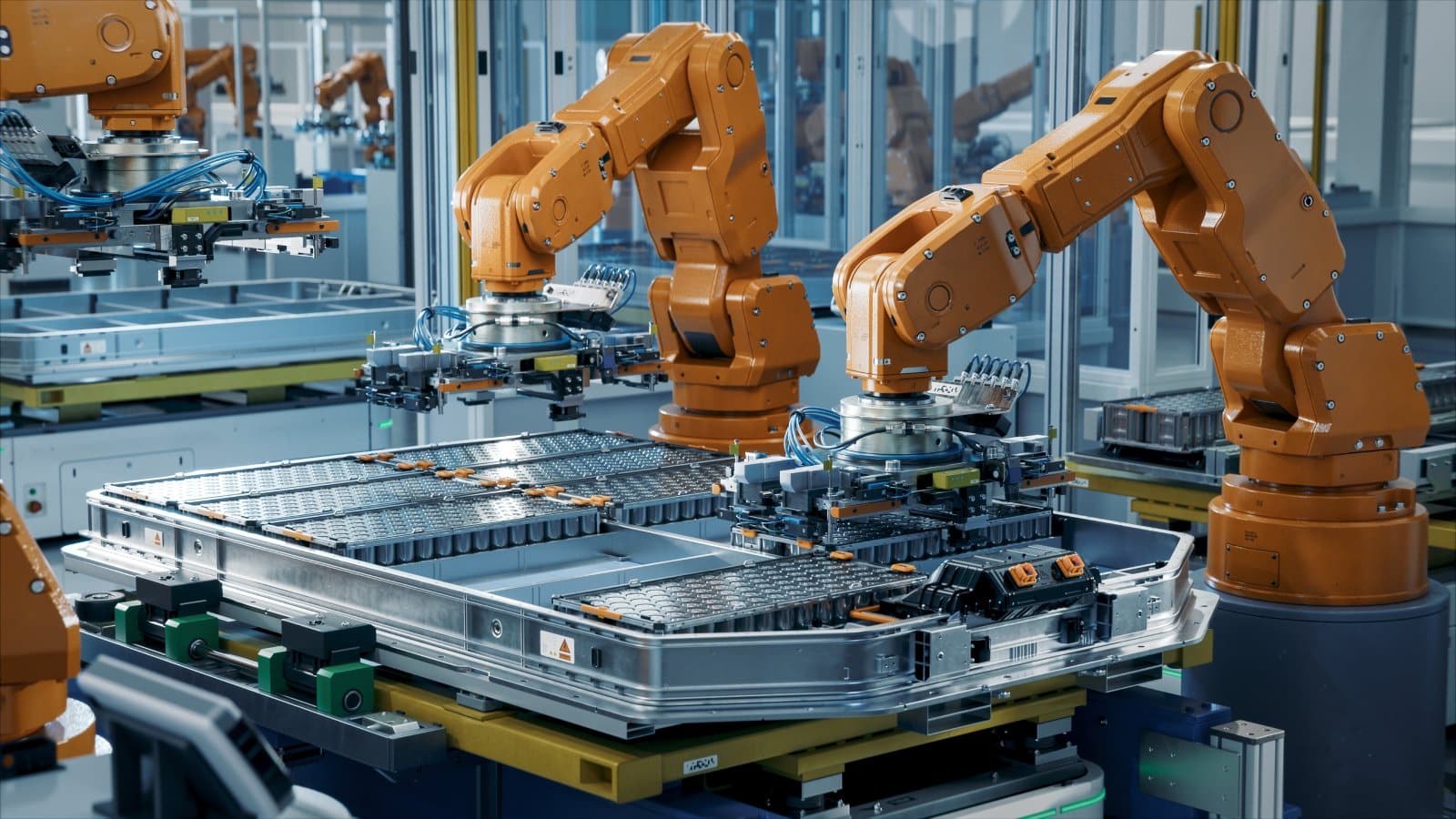
Image Credit: Shutterstock / IM Imagery
Considering all that’s needed to mine and process the minerals for EV batteries (including big diesel-powered trucks and fossil fuel refineries), the manufacturing process makes quite the carbon footprint.
Not So Black and White
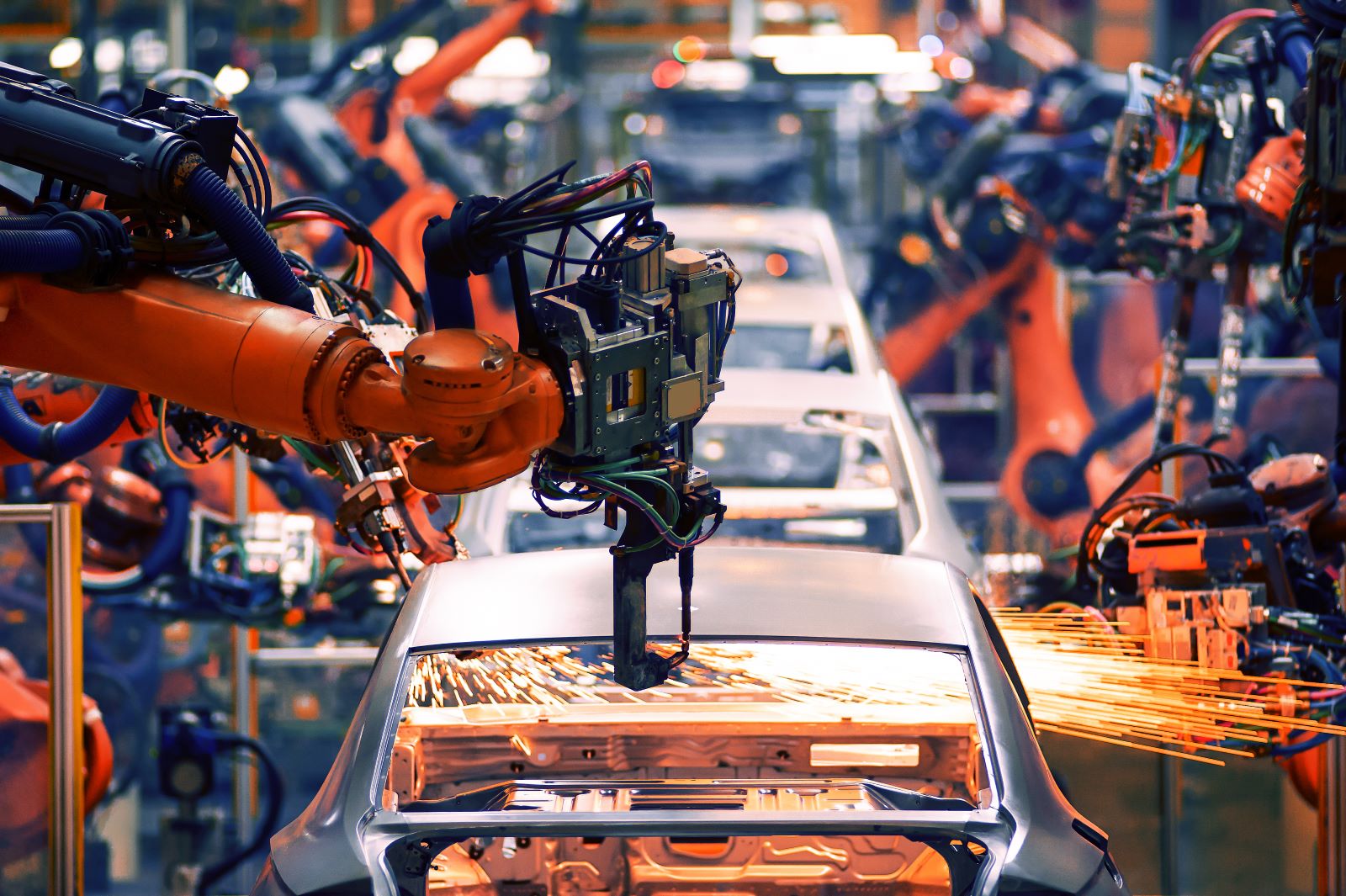
Image Credit: Shutterstock / Jenson
Consequently, manufacturing an EV hurts the climate more than building a gas car – that is, until the gas car has driven its first mile.
EVs Are Better, Though

Image Credit: Shutterstock / Viktoriia Hnatiuk
But numerous studies refer to EVs as having the most benefits if you examine the climate impact of manufacturing and using a car, known as a “lifecycle analysis”. According to Georg Bieker from the International Council on Clean Transportation (and who’s responsible for one of those studies): “The results were clearer than we thought, actually.”
Nothing’s Free

Image Credit: Shutterstock / Yellow Cat
Build an EV battery and you pay an environmental cost once. Burn gasoline and you pay that cost repeatedly.
Missing the Deadline

Image Credit: Shutterstock / fizkes
But according to a recent report submitted to Congress by the US Department of Transportation (US DOT), America will not be able to achieve its targets for decarbonizing the transportation industry by adopting EVs unless there is a reduction in the amount of driving done by Americans.
Reducing Greenhouse Gases

Image Credit: Shutterstock / Lane V. Erickson
Earlier this month, the US DOT released a progress report mandated by Congress on the department’s initiatives to lower emissions in the national transportation sector. This sector has been the primary contributor to America’s climate change since it overtook the electricity sector in 2017.
Going the Wrong Way
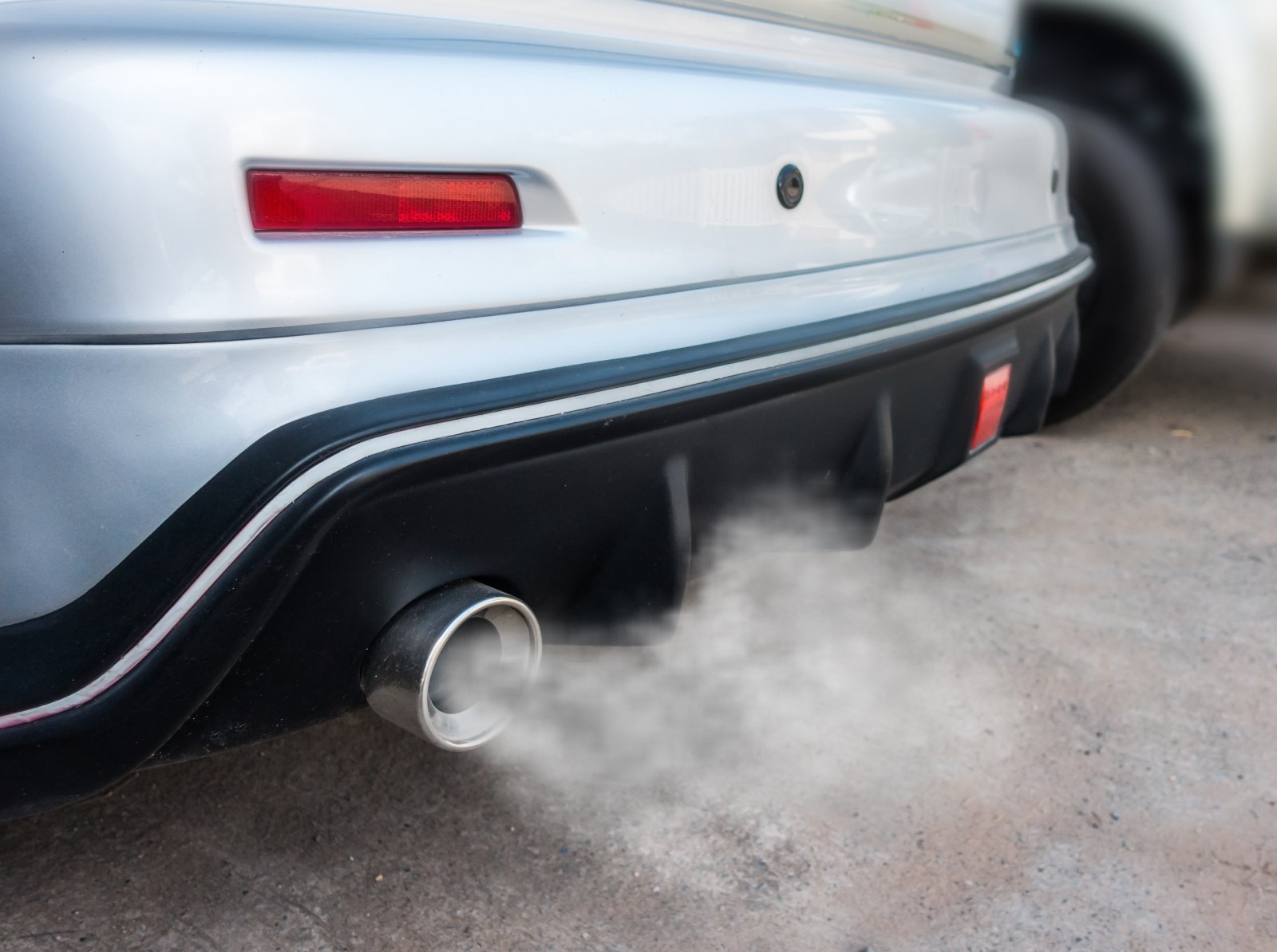
Image Credit: Shutterstock / Ody_Stocker
And it’s not good news.
Because even if no additional climate legislation gets passed, the report still states that emissions from transportation will increase by 23% by 2050 instead of decreasing to 0% – which, according to experts, is the main aim if we want to sidestep global warming’s worst impacts.
Short-Lived Success

Image Credit: Shutterstock / Jack_the_sparow
The study found that thanks to the Biden Administration’s Inflation Reduction Act, some progress will be made “as a result of fuel economy improvements and greater deployment of electric vehicles.” But “due to increasing vehicle miles traveled for both passengers and freight,” that progress won’t last long.
Do They Want to Help?
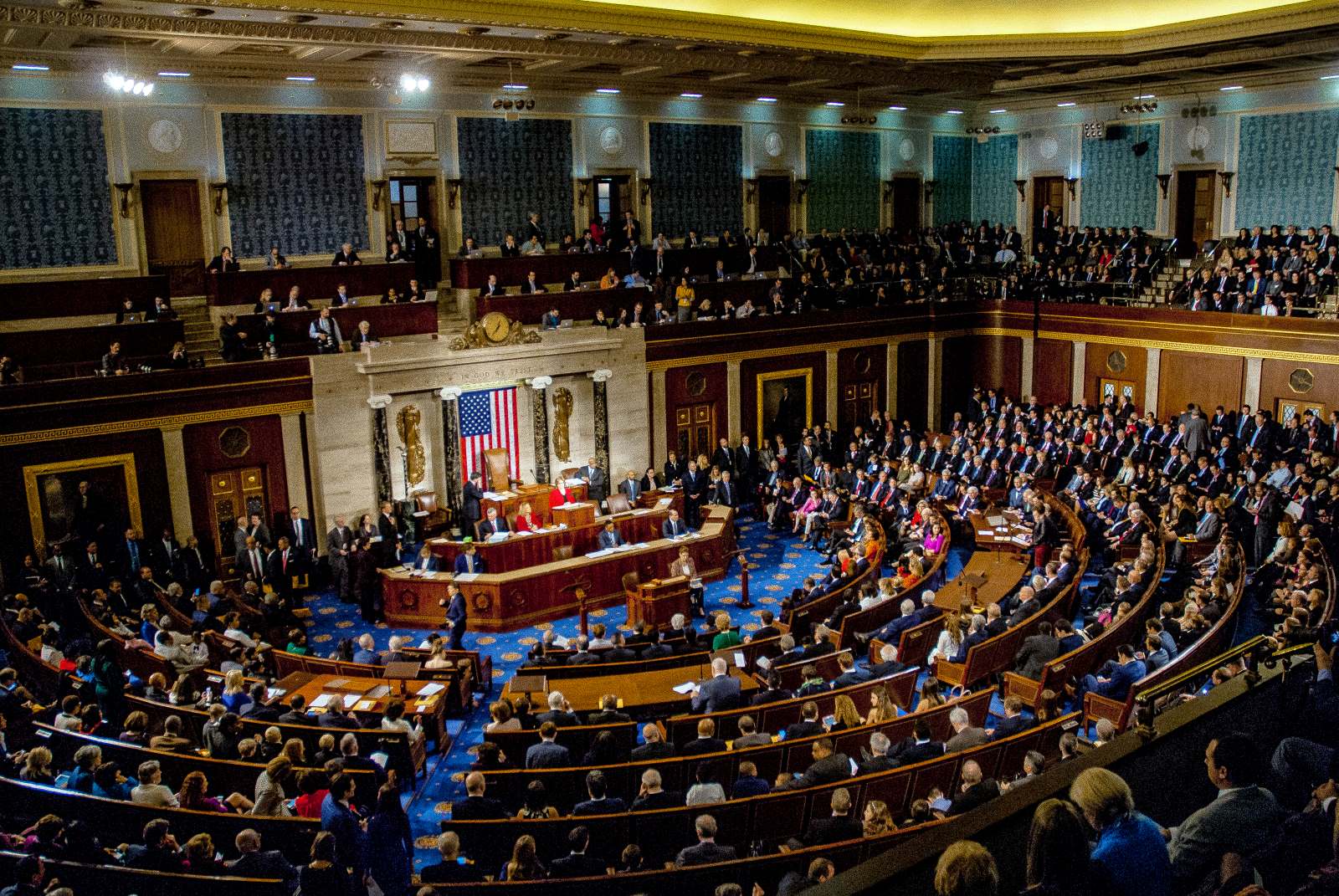
Image Credit: Shutterstock / mark reinstein
As the report states, it’s not only the DOT that will be responsible if the transportation system can’t be rectified. Therefore, Congress, state highway offices, and local leaders will all need to play open cards, unless they want climate change to worsen.
Too Much To Do

Image Credit: Shutterstock / wellphoto
This is largely because nobody in the government has been honest enough about reducing how much US citizens drive. A new study mentioned in the report shows that significantly reducing emissions while still accommodating VMT growth requires the electrification of 80% of the vehicle fleet by 2050, along with the complete decarbonization of the electrical grid. But even if these measures are in place, the target will still be met by a narrow margin.
It’s Not Great News

Image Credit: Shutterstock / wellphoto
And now experts are guessing that only 30% of EVs will have batteries by 2050. Or to quote the authors of the report: “The US will not be able to decarbonize the transportation sector by midcentury without addressing increased demand.”
Why All the Cars?
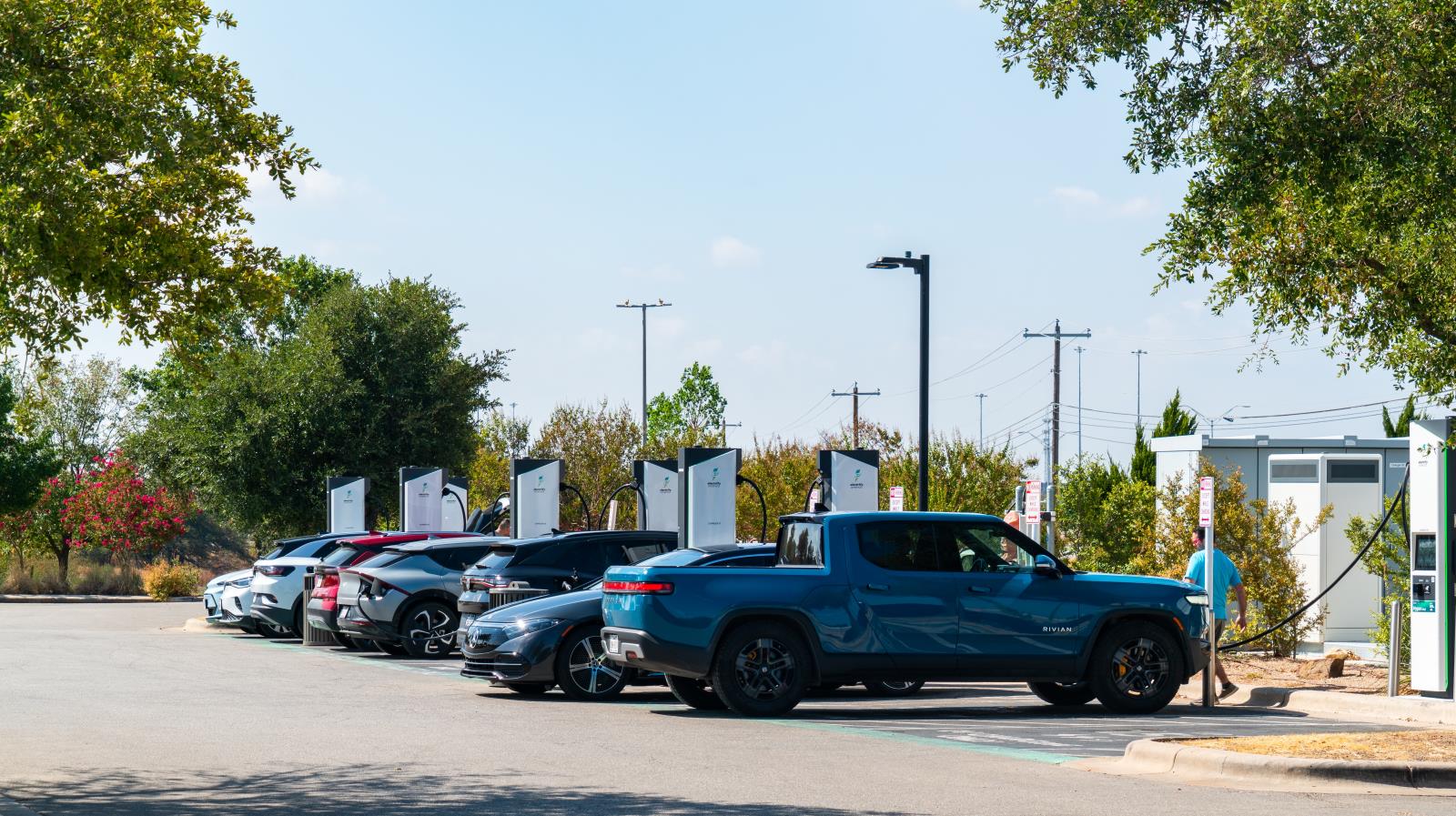
Image Credit: Shutterstock / Roschetzky Photography
But if the DOT is aware that Americans’ current driving level is unmaintainable, why does the country remain so fixated on possessing cars?
Mismanaged Funds

Image Credit: Shutterstock / Freedomz
A huge part of this situation can be attributed to Congress, which approved a Bipartisan Infrastructure Law with significant flaws. This law allocates billions of dollars with minimal restrictions. And the states and metropolitan areas are using these funds to construct highway expansions instead of spending it on much-needed repair and improvement of existing roads to accommodate non-drivers.
Cycling, Anyone?

Image Credit: Shutterstock / olgagorovenko
Part of it has to do with local leaders avoiding zoning reforms and street-level safety measures that would enhance biking or walking in addition to making it the more appealing mode of transportation.
Think Before Buying

Image Credit: Shutterstock / Roman Fenton
And those US citizens who really do want to decrease their impact on the environment? Thea Riofrancos, a political scientist, claims that those who are considering an EV instead of a gas-powered car must also contemplate the costs of depending on fossil fuels.
All Cars Have Costs
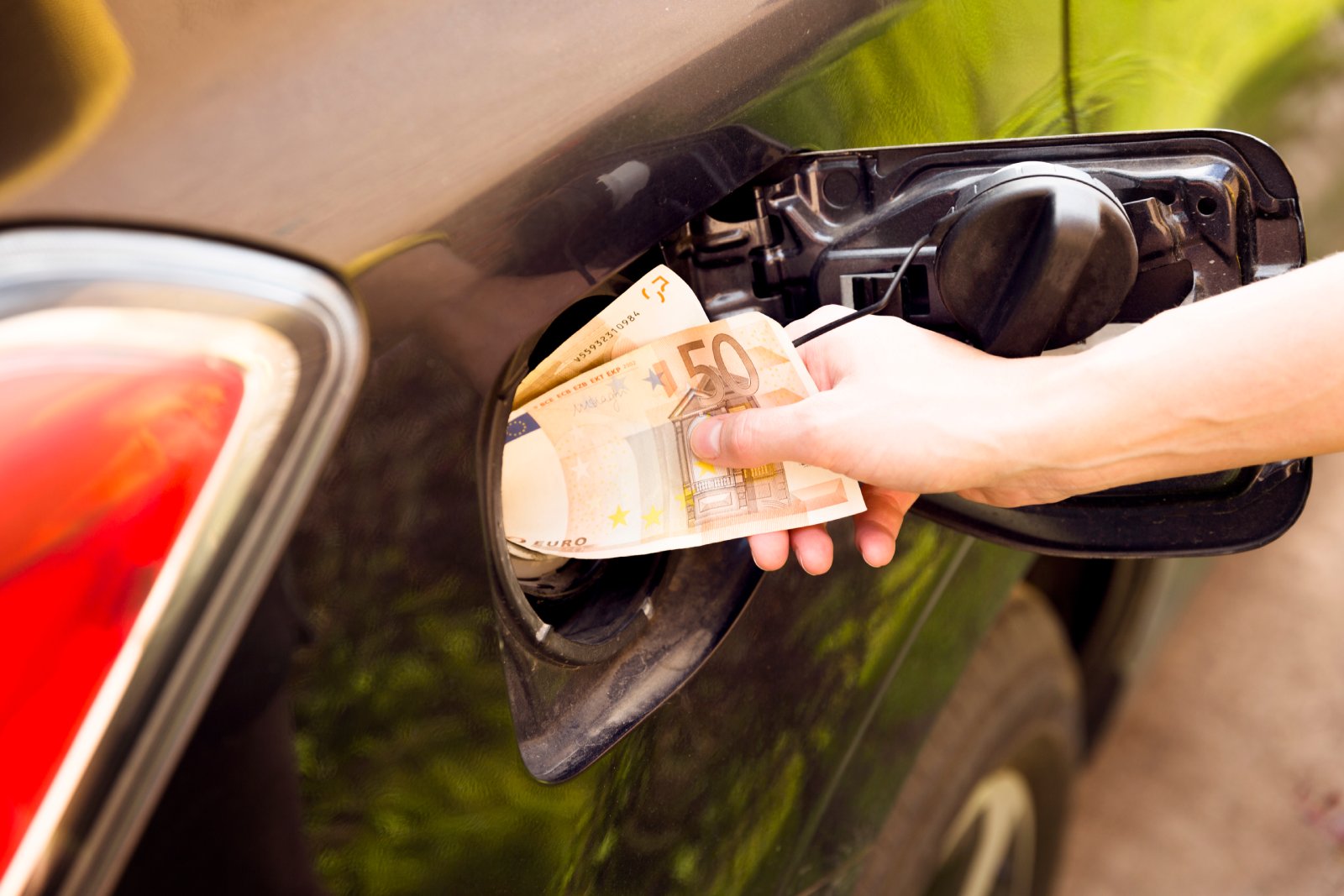
Image Credit: Shutterstock / Arturs Budkevics
As Riofrancos states: “A traditional car needs mining every day, needs mining every time it’s used. It needs the whole extraction complex of fossil fuels in order to power it.” Aside from burning gasoline and diesel for cars, other costs include oil spills and the sicknesses and avoidable deaths that fossil-fuel pollution causes. Once you’ve added those up and are still worried about the damage caused by mining, an EV will still look like the preferred option, she says.
Too Impractical

Image Credit: Shutterstock / Dusan Petkovic
To minimize your carbon footprint, Riofrancos says you must ask yourself if you really need a car. She herself strongly supports bicycles and public transportation because of their smaller environmental impact. However, she is aware from personal experience that numerous areas in the US are not conducive to the ‘car-less’.
What’s the Best Option?
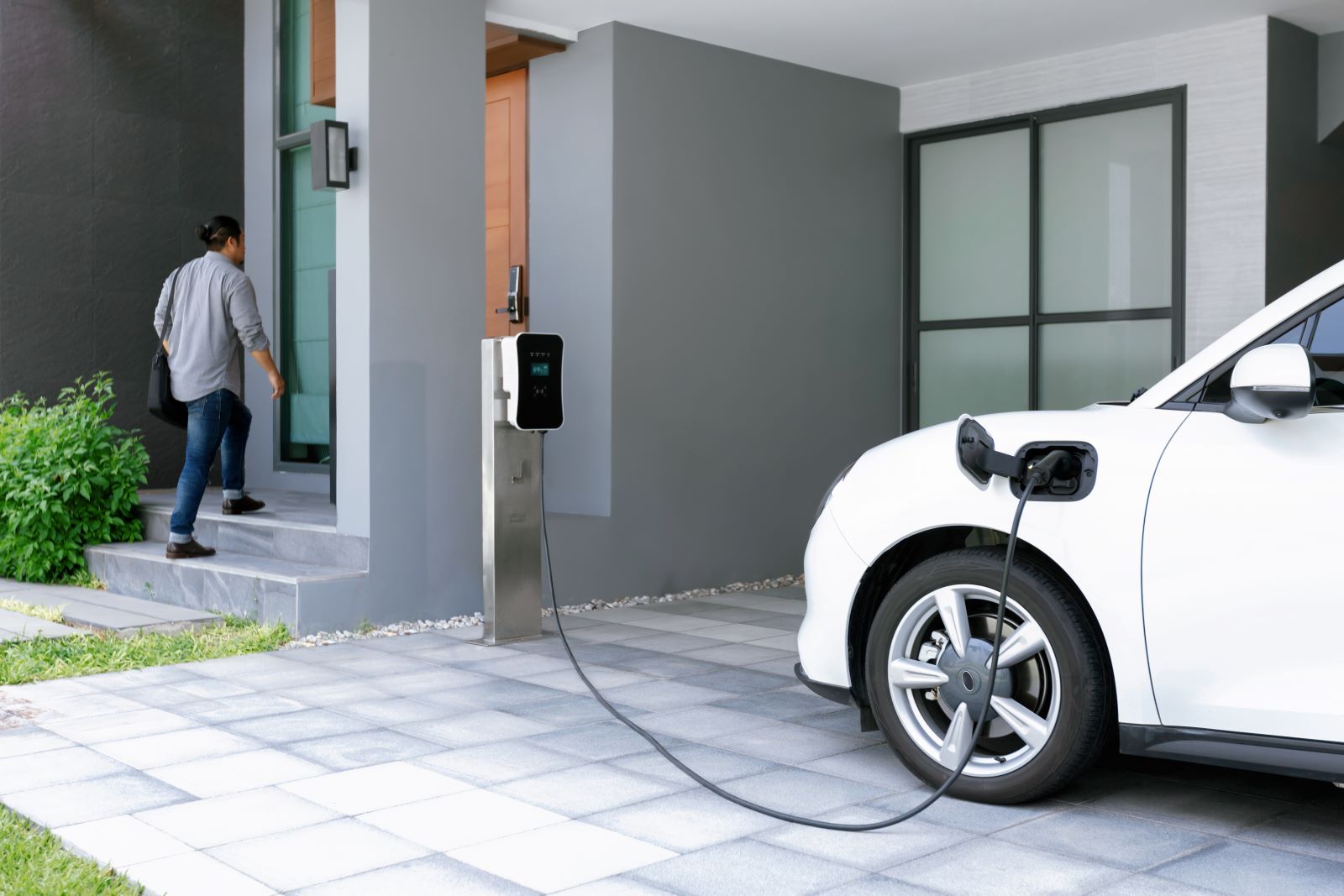
Image Credit: Shutterstock / Owlie Productions
A viable option that she herself has chosen would be to purchase a small, second-hand EV. Because less mining is needed for smaller batteries. And a second-hand car is not only more affordable, but has already compensated for the environmental impacts of its production by saving on gas.
Are We Too Late?
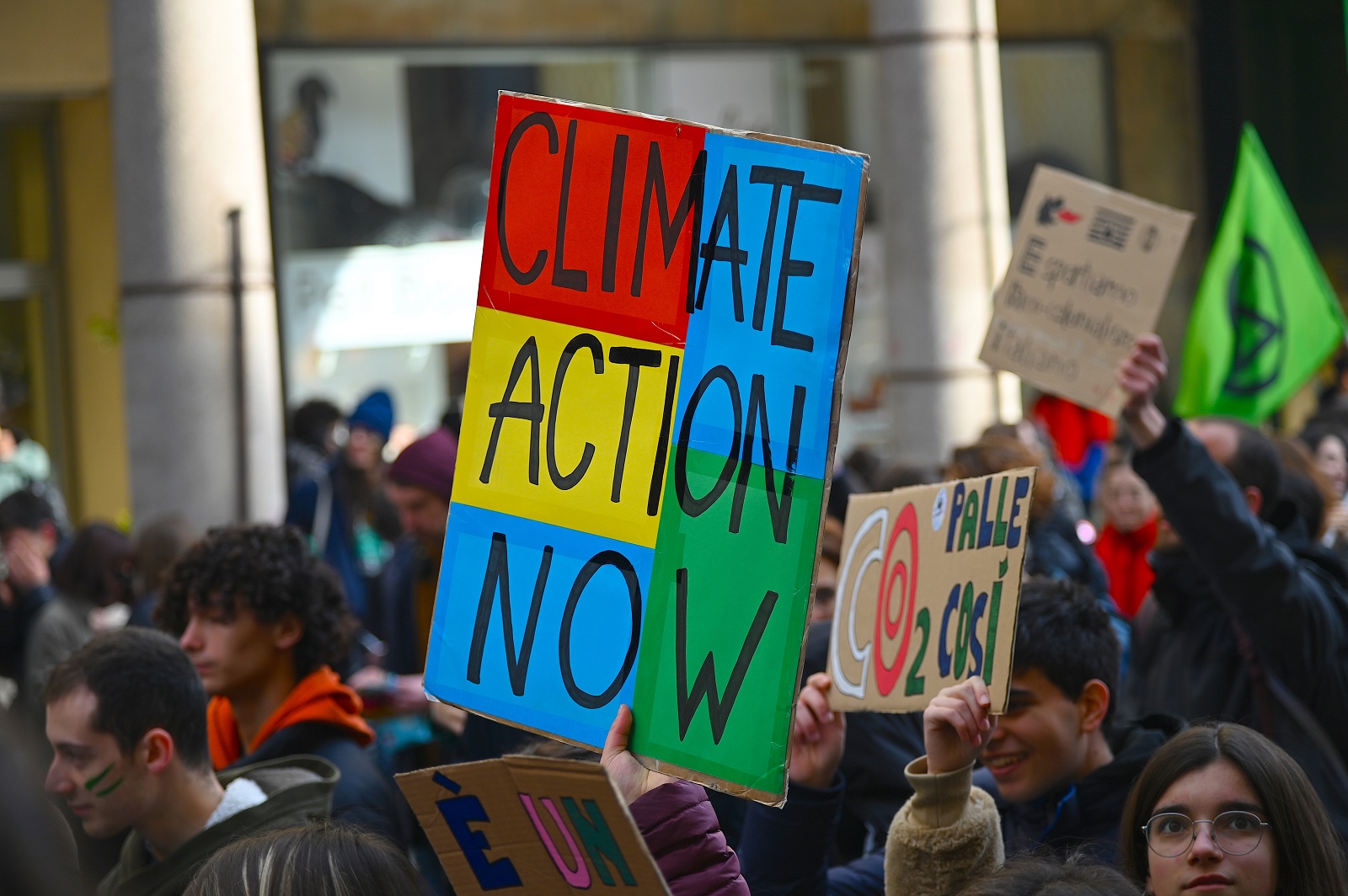
Image Credit: Shutterstock / Antonello Marangi
At the end of the day, we will not win the war against climate change if we continue to be so dependent on cars – and that’s a change we should have already made.
Oil Dumping Scandal Rocks Ships Heading to New Orleans

Image Credit: Shutterstock / Aerial-motion
Two shipping companies have been fined after knowingly hiding a large oil spill in the Atlantic Ocean. Oil Dumping Scandal Rocks Ships Heading to New Orleans
20 Eye-Opening Realities Facing Retiring Baby Boomers
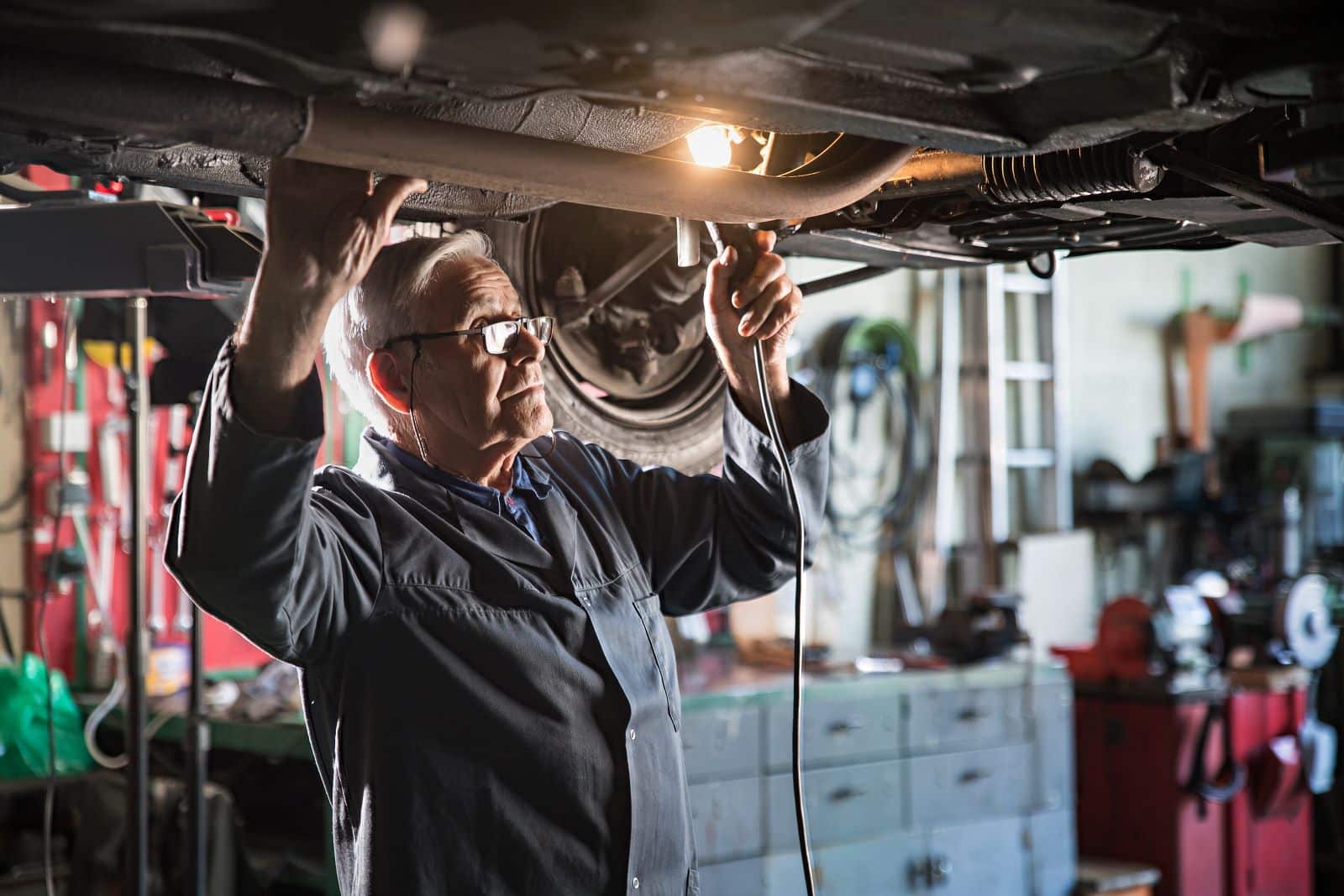
Image Credit: Shutterstock / Jack Frog
As Baby Boomers approach retirement, the promise of leisure and security often seems unattainable. This generation faces unique challenges that could redefine retirement. Here’s a stark look at the realities shaping their outlook. 20 Eye-Opening Realities Facing Retiring Baby Boomers
Retail Apocalypse: Massive Closures Sweep Across U.S. Brands

Image Credit: Shutterstock / Tada Images
Stores across the U.S. are closing at unprecedented levels, according to new research from advisory firm Coresight Research. Read on for more information about the impact this could have on you and your communities. Retail Apocalypse: Massive Closures Sweep Across U.S. Brands
Featured Image Credit: Shutterstock / Monkey Business Images.

